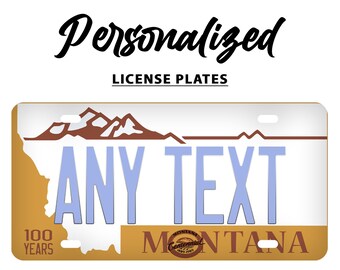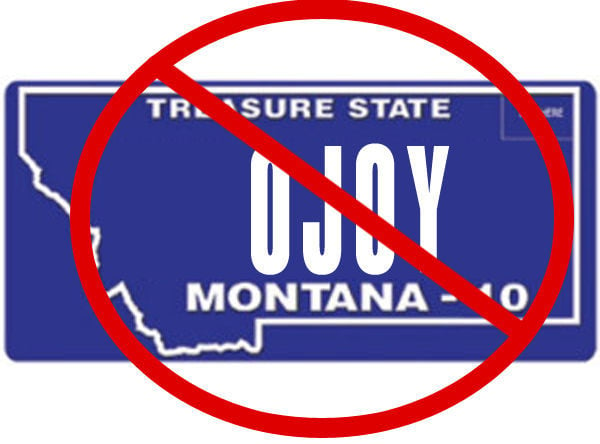
They can be made up of letters, numbers or a combination of both, and include captions, messages or slogans. These plates can have up to six characters. Plates used on trailers are the same size as the plates used on cars but only one is issued.

This also applies to mopeds, ATVs and tractors.

Plates for motorcycles come in two options, square or rectangular. The majority of vehicles are issued a pair, but there are a few exceptions. Ordinary plates are issued to all types of vehicles. People cannot choose which set of characters are issued to their vehicle unless they buy a personalised plate. They are issued in sequence using a set of unique alphanumeric characters. Ordinary number plates are the plates you’re most likely to see on New Zealand roads. Plates purchased anywhere else are unacceptable. Only plates issued by Waka Kotahi NZ Transport Agency and its agents are legal. This feature is to assist the identification of an authentic plate from a fake. The image can be seen if you turn the plate to a 15–30 degree angle. This unique image is for New Zealand (other countries have their own image). The silver fern is created during the manufacture of the reflective sheeting. Security featureĪll plates are made containing a silver fern security feature in the sheeting. Personalised plates are also made of aluminium but the characters can be black, red or blue on a white retro-reflective background. Ordinary plates are made out of aluminium with black embossed characters (numbers and letters) against a white retro-reflective background.

Personalised plates What does a number plate look like? A plate stays with a vehicle for the length of its life, unless it’s replaced after being lost, stolen or damaged, or with personalised plates. These plates are alphanumeric (containing both letters and numbers), with up to six characters. When a vehicle is registered, number plates are assigned.


 0 kommentar(er)
0 kommentar(er)
